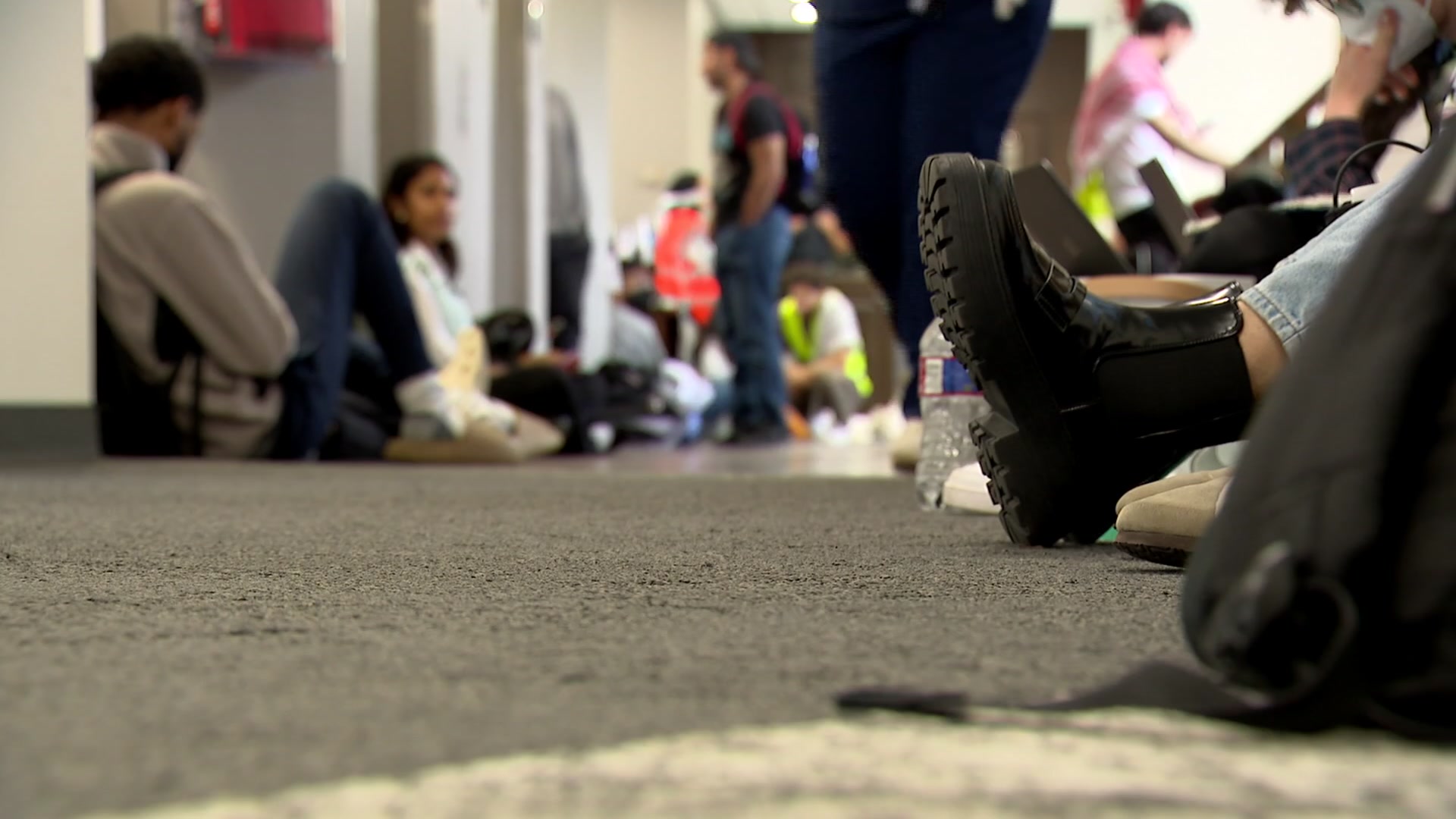Find out your risk of cancer, right from the comfort of your home.
The latest at-home cancer screening, just FDA-approved, claims to detect your risk for breast cancer, but genetic counselors say there are things you should know before giving it a try.
It's no secret that our DNA defines us. It can also reveal our risks for cancer.
"Every cancer is genetic," says Kimberly Lane, a genetics counselor at Baylor Scott & White, who often talks to patients about mutations on the BRCA 1 and BRCA 2 genes that are associated with breast cancer.
Now, a seemingly simple at home test by the company 23andMe claims it can detect some of those mutations from a saliva sample that you provide from the comfort of your home. No prescription required.
"Then you get the results sent to you through email or whatever and it says you're positive. Now what?" questions Lane, as she expresses worries echoed by cancer experts.
They're concerned that people who learn they're at a high risk of cancer through an at home test may not be equipped to handle that kind of news without the help of a professional.
Local
The latest news from around North Texas.
Women who test positive for a BRCA gene mutation have to make potentially life-saving decisions.
"Have both your breast removed as well as considering having your ovaries removed once you're done with child bearing so the implications are huge and these conditions cause a lot of anxiety in people," says Lane.
She suggests consumers tread with caution while using cancer screening kits at home.
Lane says the accuracy may not be as good as the accuracy of a clinical lab used by doctors and can lead to false positives or false negatives..
Any concern should send you to your doctor and while Lane says health insurance policies won't cover the cost of your at home kit, it may cover your screening through a genetic counselor, depending on your family history's with cancer.
"If you're concerned about your family history, talk to a doctor about getting a referral to a genetic counselor."
Doctors say consider getting genetic testing if you who have a strong family history of cancer, as in three or more family members with cancer, have a history of multiple cancers or have family members who got cancer at an early age.
You can find a genetic counselor here.



